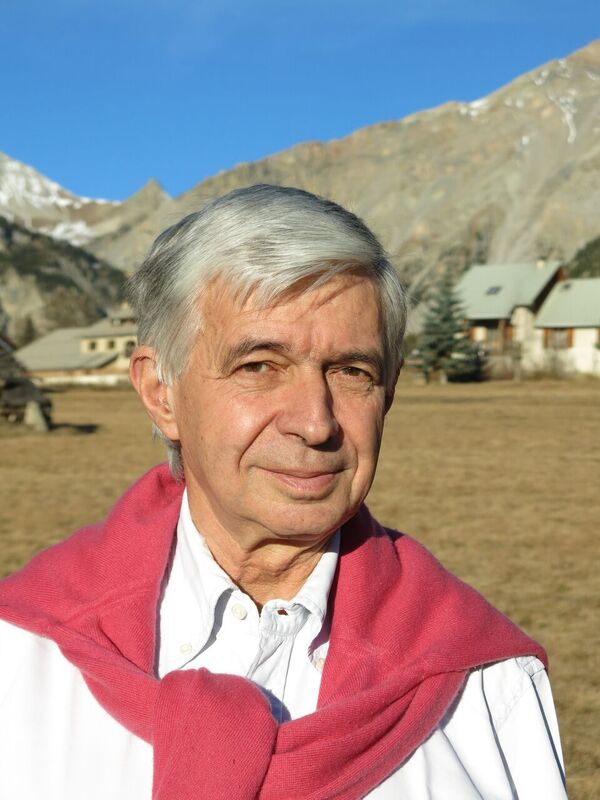 Before we present this week’s Weekend Reads, a question: Do you enjoy our weekly roundup? If so, we could really use your help. Would you consider a tax-deductible donation to support Weekend Reads, and our daily work? Thanks in advance.
Before we present this week’s Weekend Reads, a question: Do you enjoy our weekly roundup? If so, we could really use your help. Would you consider a tax-deductible donation to support Weekend Reads, and our daily work? Thanks in advance.
The week at Retraction Watch featured the story of a journal that took 13 months to reject a paper, then published a plagiarized version days later; a look at whether institutions gaslight whistleblowers; and news that a medical school had put a researcher found to have committed misconduct in charge of a grant. Oh — and it was our eighth birthday. Here’s what was happening elsewhere: Continue reading Weekend reads: A gold star in astronomy; leading journals underrepresent women in photos; how papers can mislead
 Hey, we’re eight today!
Hey, we’re eight today!
 When a researcher submitted a manuscript to a journal about multimedia tools, she was frustrated to wait 13 months for the journal to make a decision — only to have it reject the paper outright. So imagine how she felt when, days after the paper was rejected, she saw the journal had published a plagiarized version of the paper by a group of different authors.
When a researcher submitted a manuscript to a journal about multimedia tools, she was frustrated to wait 13 months for the journal to make a decision — only to have it reject the paper outright. So imagine how she felt when, days after the paper was rejected, she saw the journal had published a plagiarized version of the paper by a group of different authors.

 In a case that has involved eight years of misconduct allegations, two U.S. Federal agencies, a state university, and multiple lawsuits, a former Wayne State researcher has earned a five-year ban on Federal funding.
In a case that has involved eight years of misconduct allegations, two U.S. Federal agencies, a state university, and multiple lawsuits, a former Wayne State researcher has earned a five-year ban on Federal funding.
 We’ve covered a number of stories about scientific whistleblowers here at Retraction Watch, so readers will likely be familiar with what often happens to them: Their motives are questioned, they are ostracized or pushed out of labs, or even accused of misconduct themselves. But there’s more to it, says Kathy Ahern in a
We’ve covered a number of stories about scientific whistleblowers here at Retraction Watch, so readers will likely be familiar with what often happens to them: Their motives are questioned, they are ostracized or pushed out of labs, or even accused of misconduct themselves. But there’s more to it, says Kathy Ahern in a  Less than a year after the entire editorial board of a public health journal resigned in protest of moves by publisher Taylor & Francis, the publisher has decided to call it quits for the journal, Retraction Watch has learned.
Less than a year after the entire editorial board of a public health journal resigned in protest of moves by publisher Taylor & Francis, the publisher has decided to call it quits for the journal, Retraction Watch has learned.